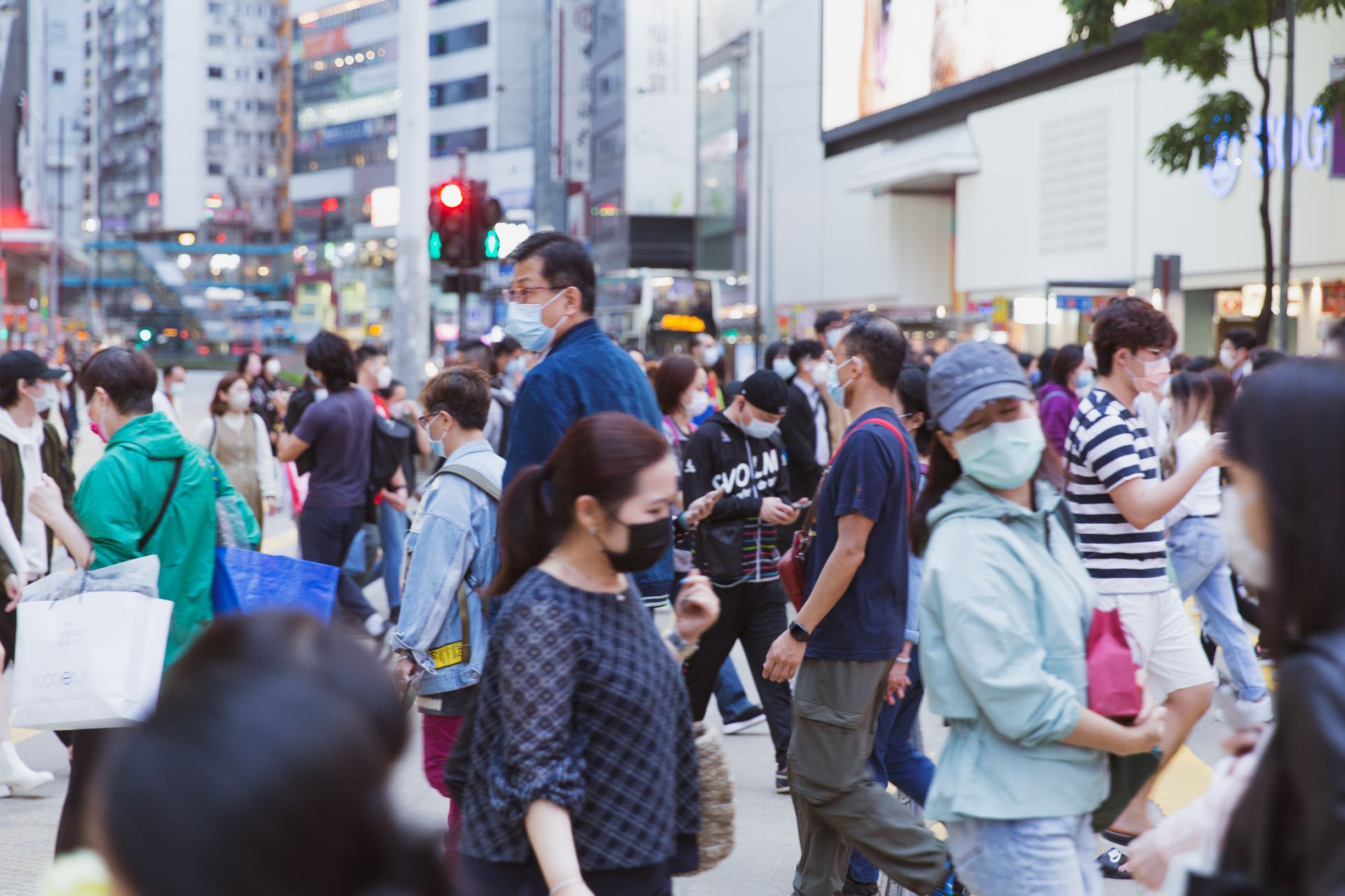
August 2023-December 2025
Lead research institution: Japan Agency for Gerontological Evaluation Study (JAGES), Japan
Collaborating institution: Government of Kobe City, Hyogo Prefecture, Japan
Principal investigators: Dr Katsunori Kondo, JAGES/Chiba University, and Dr Naoki Kondo, JAGES/Kyoto University, Japan
Kobe City, Hyogo Prefecture, Japan
Background
During the early stages of the pandemic, many people globally did not get the healthcare they needed because of fear of COVID-19 infection, imposed restrictions on movement, or unaffordability of care. In Japan, studies have shown that it was common for people to adopt unhealthy lifestyles related to their diet, physical activity, or social activity, thereby increasing their risks for poor health outcomes.
Goals
To describe the behavioural changes among the population 20 years and older, in Kobe City, Hyogo Prefecture, Japan, before and after the COVID-19 pandemic, and the effects of these behavioral changes on the health of this population.
Methods
- Cross-sectional and longitudinal analysis of Kobe City’s administrative data on medical care, long-term care and public health services use and population health and lifestyle surveys for the years 2016 to 2023.
- Study outcomes include health-promoting/risk behaviours, health status, preventive care use, foregone care, certifications of eligibility for long-term care, social isolation and health inequalities by sociodemographic characteristics and geography.
- Study sample will include:
- approximately 400,000 adults, 20 and older, who are registered in the city’s integrated healthcare system;
- 10,000-12,000 older adults, 65 and older, who have participated in one or more waves of a panel survey on health and lifestyle behaviors conducted in 2016, 2019 and 2022;
- approximately 5,000 adults, ages 20-64 who responded to a 2018 survey on health and lifestyle behaviors; and
- an estimated 5,000 adults, ages 20-64, who are expected to respond to a follow-up survey in 2023.
- The follow-up survey will be conducted in October-December 2023, data analysis will be initiated in 2024 and final research results are expected by the end of 2025.
Expected outcomes
The findings will inform policy recommendations to Kobe City for addressing the observed health impacts in the post-pandemic period and preparing for future pandemics, with implications for other settings.

